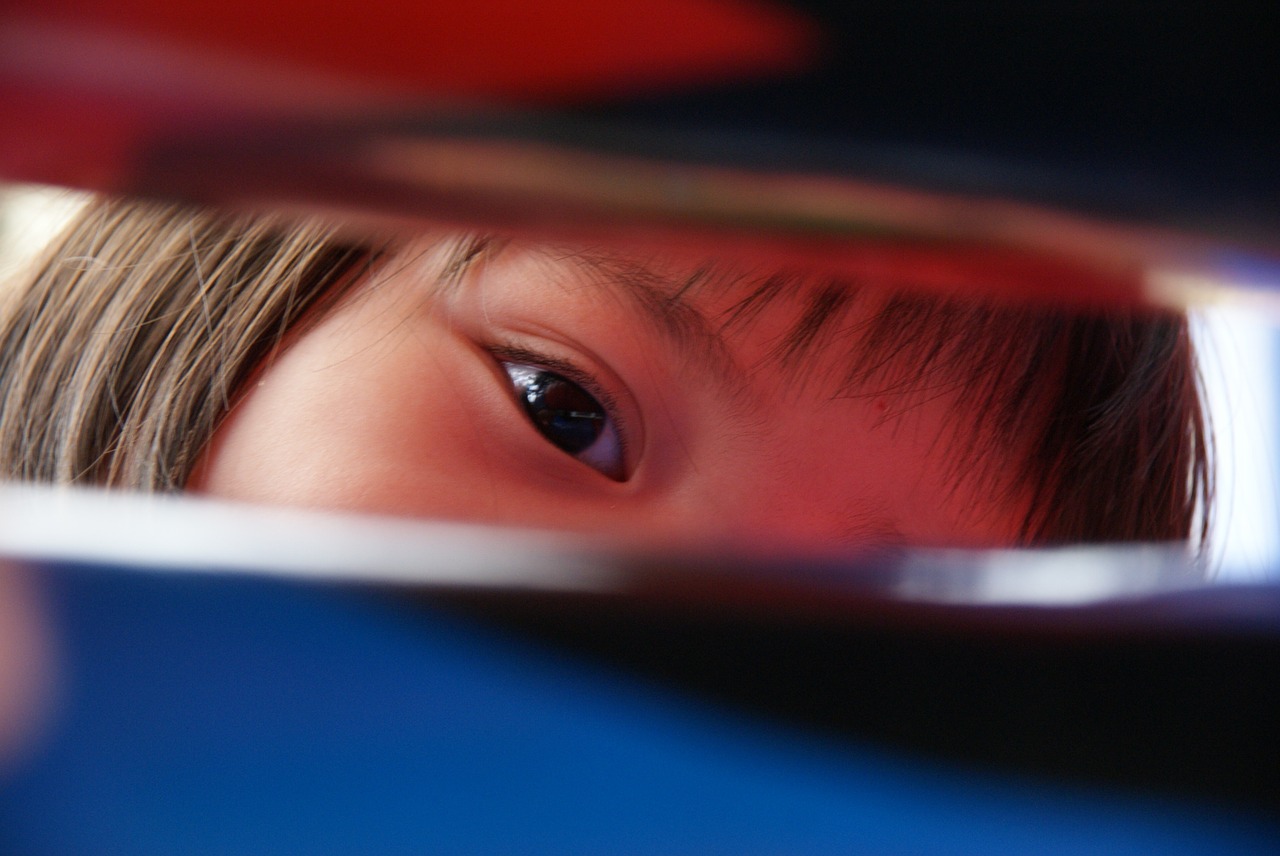
When my then 5-year-old said something exceedingly adorable, I rhetorically asked, “Where did you come from?” to which he replied, “I don’t know mommy where did I come from?” Thinking I had this question down, being a social worker, I proudly provided a lengthy explanation that involved love, sperm and egg. Not satisfied, my son replied, “Yeah but where did I come from?” I said, “My belly.” “Oh, so to answer your question I came from your belly!”
Not only did this conversation remind me of how literal children are, but also how uncomfortable sexual questions and behaviors are for parents. I have observed many parents (friends and clients) who are ordinarily articulate and open become flustered and tight lipped in response to their child’s sexual questions and behaviors. Why is that? Why do parents suddenly freeze when their child pulls down their pants and shows their bum? Or asks why boys have penises and girls have vaginas?
There are many possible reasons for this discomfort, including the parents’ own background, history of trauma and comfort level with sexuality. But for many, it is also the belief that children’s questions and behaviors are sexually motivated. When we respond to sexual behavior through that lens, we assign inappropriate meaning and intention to those behaviors. Sexual behaviors and questions from young children (under 12) are likely to be motivated by curiosity, anxiety, attempts to self sooth or seek attention. Children do not have sex hormones and therefore are not driven by sexual urges. In fact, it is misleading to refer to children’s behaviors as sexual. It is natural and healthy for children to be curious about bodies, including private parts.
When we see children’s behaviors through an adult lens of sexuality we are apt to ask “Where did you learn that?’ in response to sexual behaviors. We don’t ask that of our child when he or she has a tantrum or hits. Children learn about their bodies though a process of looking, touching, and exploring, similar to the way in which they explore the rest of the world. Not all children demonstrate the same level of curiosity about bodies and bodily functions. If a child is normally very inquisitive about his/her environment, he or she is likely to ask many questions about sex parts and bodies. If a child normally explores the world physically then he/she might try to touch sex parts.
Typical sexual behaviors are usually mutual, spontaneous, and playful. This behavior usually happens between children of similar age, size and developmental level, and between children that know each other. When given clear direction about touching, most children respond to those limits (though curiosity is normal we must still help children with boundaries).
Common behaviors seen in preschoolers may include touching their own genitals, trying to touch the genitals of others, showing their genitals to others, interest in bathroom functions and playing doctor. Older children often engage in bathroom humor, tell “dirty” jokes, or demonstrate the need for privacy.
Like other behaviors, sexual exploration can become problematic. Some signs that a child’s behaviors are not typical include not responding to limits, threatening, excessive or compulsive sexual behavior, or other children complaining. If a child’s behavior has those characteristics, then professional consultation should be considered.
After learning from experience with my first son I felt ready to field any behaviors or questions from my second. I knew more this second time around and was prepared to keep it short and simple. Until he asked, “Mommy where was I BEFORE I was in your belly?”
For more information on child sexual behaviors please refer to The National Center on Sexual Behavior of Youth, http://ncsby.org/
—
Joyce Wientzen, LCSW
Co-Director, Child Abuse Program
Spurwink Services
